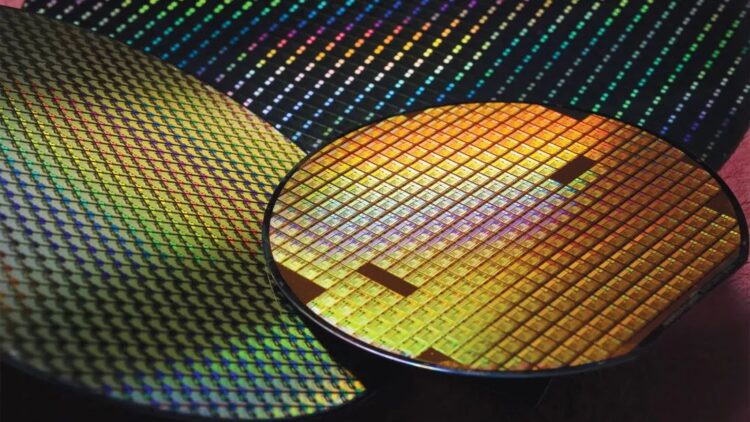China recently released new guidelines that effectively ban US processor brands, from Intel and AMD, from being used in government computers and servers. Not only that, but the new rules will also block Microsoft Windows and other non-China database products in favour of more domestic solutions, otherwise known as Xinchuang.
As the FT report, the new Chinese guidelines mandates that, moving forward, its government agencies must use “safe and reliable” domestic replacements or counterparts to AMD and Intel products, respectively. It also provided a list of 18 approved alternatives, including silicon from Huawei and Phytium. Both brands, by the way, are banned in the US, the former back in 2019 over allegations of spying and cybersecurity.

The move by China is clearly a response to the US and its continued sanctions against the country. To date, the economic powerhouse has banned numerous Chinese companies and their products from being used in their own government infrastructure, as well as prohibiting US brands like NVIDIA from selling AI and its other products to China.
It also doesn’t help that US allies like Japan and the Netherlands, both also major players in the chip manufacturing business, have also agreed to tighten the noose on exports for lithography machines, mainly built by ASL, Nikon, and Tokyo Electron, to name a few.


